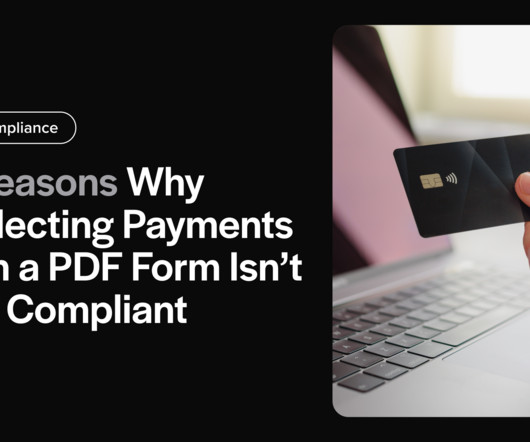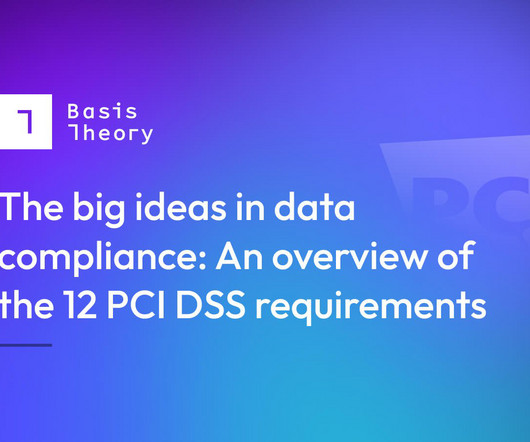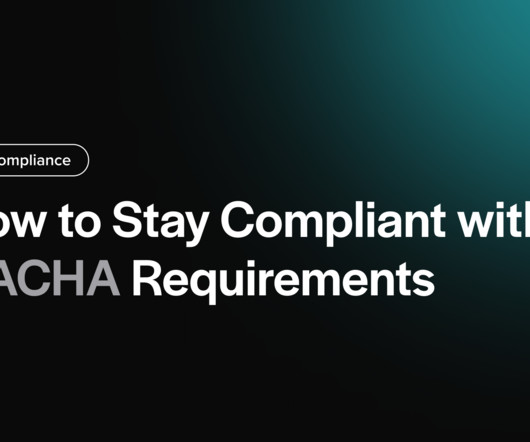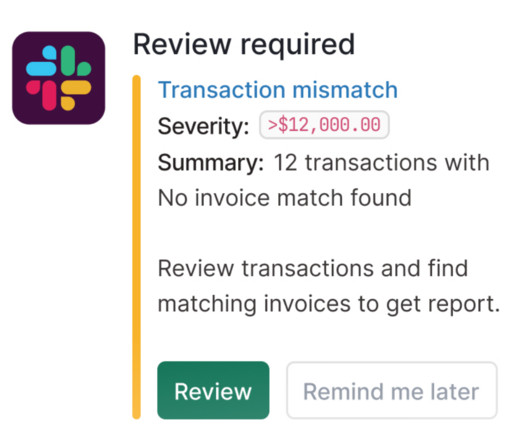HIPAA Disaster Recovery Planning
VISTA InfoSec
OCTOBER 20, 2023
According to the Contingency Plan Policy in HIPAA section 164.308(a)(7)(i) , covered entities must “formulate and execute, as needed, guidelines and procedures to respond to emergencies or other incidents (like system failure, fire, vandalism, or natural disaster) that damage systems containing ePHI.” What is a Contingency Plan Policy?

















Let's personalize your content